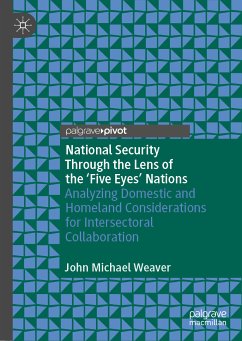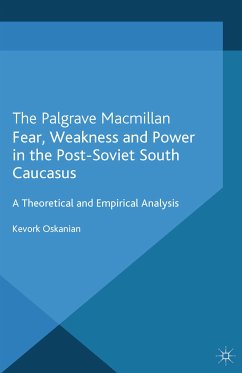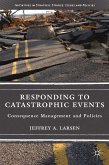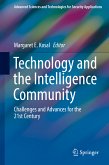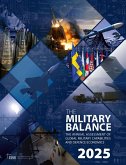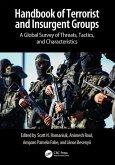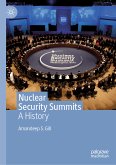John Weaver is an associate professor of Intelligence Analysis at York College of Pennsylvania (USA), a retired DOD civilian from the United States' Intelligence Community, and has served as an officer in the US Army (retiring at the rank of lieutenant colonel). He has lived and worked on four continents and in 19 countries respectively, spending nearly eight years overseas (on behalf of the US government). His experience includes multiple combat deployments, peace enforcement, peacekeeping, humanitarian relief and disaster assistance support in both conventional and unconventional/non-traditional units. John has trained and certified multinational NATO reconnaissance teams based in the Netherlands, Germany and Spain for worldwide deployment in full-spectrum mission sets. He has also personally led several reconnaissance missions throughout Europe, the Middle East, and Asia (including multiple missions in Afghanistan).
Dieser Download kann aus rechtlichen Gründen nur mit Rechnungsadresse in A, B, BG, CY, CZ, D, DK, EW, E, FIN, F, GR, HR, H, IRL, I, LT, L, LR, M, NL, PL, P, R, S, SLO, SK ausgeliefert werden.

